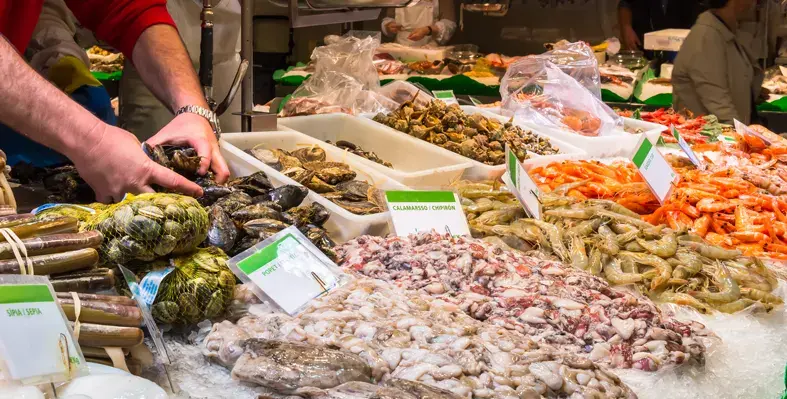In the UK-Vietnam Agricultural Trade report titled 'Connecting the UK and Vietnam in agriculture, food and drink', the focus is on highlighting the driving forces behind the UK-Vietnam agricultural trade relationship and identifying potential growth opportunities for the two countries' agricultural sectors
According to the report, with the rapid expansion of Vietnamese restaurants in the UK, British consumers now have access to a variety of Vietnamese agricultural products being sold in supermarkets.
However, Vietnamese agricultural products still only account for a small proportion of imports from Vietnam to the UK, currently making up 4.8%. This situation represents a significant growth opportunity in the field of agricultural products and related items, which is expected to play a more significant role in shaping trade relations between the UK and Vietnam.
The UKVFTA Agreement officially took effect in May 2021 and is a catalyst for trade exchange. UKVFTA offers huge opportunities for the agriculture, food, and beverage industries. Most food and beverage product lines are currently benefiting from a gradual reduction and, eventually, complete elimination of tariffs by 2031 (subject to relevant tariff quotas).
According to the report, by 2023 Vietnam's fish and shellfish export value to the UK will reach nearly US$300mn, making seafood the fifth product group among the main export products from Vietnam. In January 2023, the People's Committee of Cao Phong district (Hoa Binh province) coordinated with the Department of Agriculture and Rural Development of Hoa Binh province to organise a ceremony to export to the UK the first shipment of seven tons of Cao Phong oranges. Next, in May 2023, a shipment of five tons of typical Vietnamese Ri6 durian was distributed to supermarkets across the UK.
The report also stated that although Vietnam's imports currently only account for 1% of the UK's total annual imports of US$700bn, high purchasing power and the growing Vietnamese community in the UK are the basis foundation for guaranteed future growth. Currently, the UK is Vietnam's third largest trading partner in Europe.
In addition, with the UK joining CPTPP, the accessibility of Vietnamese agricultural products will also improve. The report also emphasises that, in recent years, Vietnam's agricultural sector has been transforming towards reducing emissions, applying organic processes, and exploiting renewable energy sources. These environmental protection efforts will resonate with British consumers, who prioritise products with traceability, food safety, environmental friendliness, and ethical standards.
Additionally, as Vietnamese cuisine such as pho or banh mi becomes more popular with the British, the Vietnamese government and exporters could do better to promote brands that have been recognised and protected with geographical indication for Vietnamese agricultural products, similar to a number of British food brands such as Scottish whiskey, Ahmad, Twinings, Cadbury, and McVitie's that have successfully entered Vietnam.




